By Mellisa Genfi
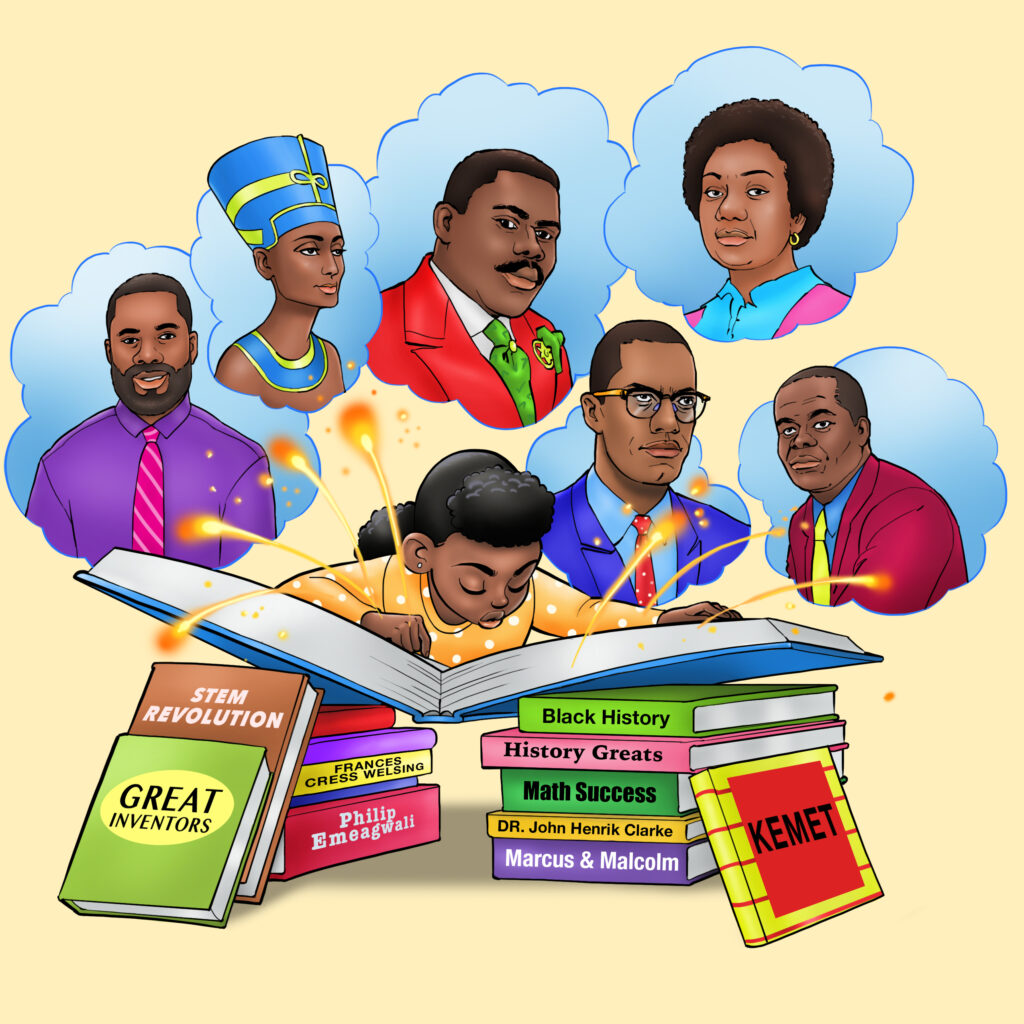
Source: Makeda’s Key’s to Success
“A people without the knowledge of their past history, origin and culture is like a tree without roots.” Marcus Garvey
Learning Black History
As we celebrate Black History month, learning about Black History has become a valuable endeavour to broaden students’ horizons. However there is another side to learning Black History and the great pioneers achievements, that we as a society haven’t touched upon. Black History is known for its diverse art, music, literature, cultural, educational and political achievements. We have neglected to look at the skills these great black pioneers had to offer, and how these contributions can help students develop a range of 21st-century skills in today’s modern world. Black history is an integral part of global history, and understanding it can not only provide insights into societal issues, contributions to various fields, it additionally empowers young students with skills that can positively impact society. Lets take a look at the trailblazers within black history who successfully used their skills that changed their environment around them.
Shaka Zulu Master of Innovation, Creativity & Strategy
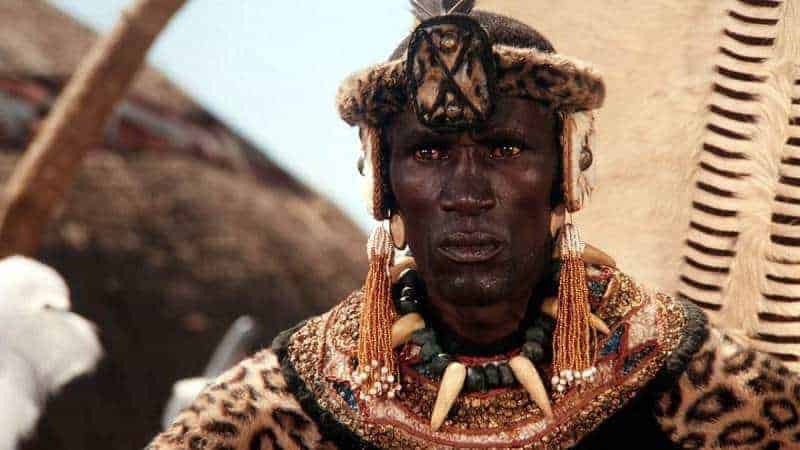
Source: historycollection.com
Shaka Zulu, the famous African King born in Southern Africa in 1787, established the most influential Zulu Kingdom, transforming the face of warfare. In his younger years, Shaka Zulu was taunted because of his family history, but this did not discourage Shaka. As he grew older, he discovered many talents as a military strategist, making him a natural-born leader.
Shaka Zulu Exhibits his creative, strategic and innovation skills
Shaka Zulu developed military tactics such as using shorter spears, giving the Zulu warriors a close range in a war. Another innovation Shaka Zulu discovered where he made his warriors fight without sandals using their barefoot, which helped them mobilise more during battles. Shaka Zulu’s famous “buffalo horn formation” was creatively grouped into 3 parts within the army; experienced warriors stayed in the centre, and the warriors with novice experience formed the horns of the buffalo. The buffalo horn formation was used as a strategy to trap the opponents so they would not be able to escape.
The benefits of having an innovative, strategic and creative mind
Being creative and innovative helps students prepare themselves to solve complex problems that will arise in the future. Building strategy skills helps students to think more and identify the opportunities that are around them, which can be used in work or when creating their own businesses.
Hatshepsut’s Leadership and Interpersonal skills
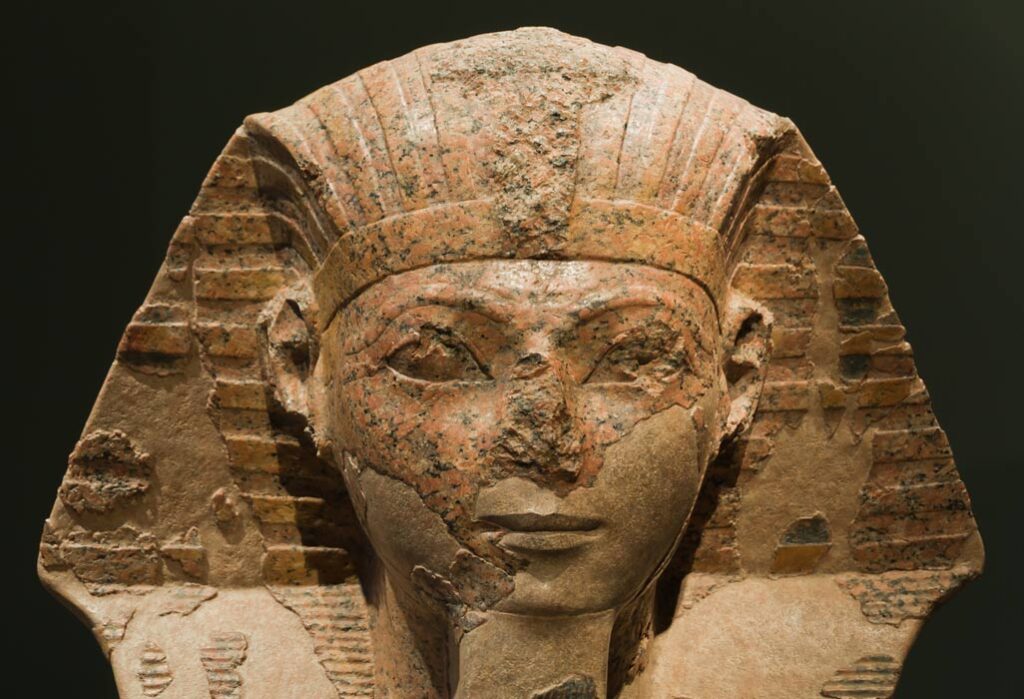
Source: ancient-origins.net
Hatshepsut is an ancient Egyptian female Pharaoh. Born in 1507 BCE, Hatshepsut was born into royalty. Her father and brothers were both pharaohs of Egypt. Hatshepsut is known as one of the most powerful rulers in Egyptian history.
Hatshepsut’s initiatives shows her leadership and interpersonal skills
During Hatshepsut’s reign, she was committed to overseeing large-scale building (construction) projects creating jobs for the less fortunate within Egypt. Hatshepsut showed her leadership qualities, such as trustworthiness and honesty, which helped her to bring an immense amount of wealth into Egypt. She succeeded in developing relationships and networking with neighbouring nations. Through the relationships that were built, Hatshepsut significant interpersonal skills helped her to increase trade with neighbouring nations, which opened new trade routes bringing valuable resources into the nation of Egypt, such as gold, ivory, ebony, incense, and much more.
Using leadership and interpersonal skills in today’s world
Interpersonal skills which include effective communication, collaboration, and networking. In the 21st century, students need to understand the importance of building strong relationships, especially in work and business, which leads to repeat customers and long-term partnerships with other companies. Leadership skills also play a huge part in a young student’s life. Being able to develop their leadership skills at a young age will help them be able to look out for opportunities to create an innovative community around them.
Malcolm X’s Communication Power
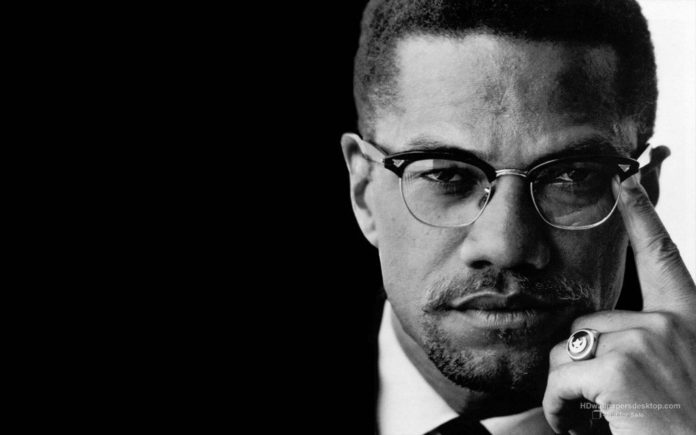
Malcolm X, formerly known as Malcolm Little, was born May 19, 1925, in Omaha, Nebraska. He was a minister within the Nation of Islam and a leader in the civil rights movement. Malcolm X rose to fame with his effective leadership and extraordinary communication skills, which were used to speak out against the injustices of black people in America and globally around the 1950s to 1960s.
Great use of Malcolm X’s Communication skills
Whether you agree or disagree with Malcolm X’s views and opinions, his impeccable presentation skills and charisma grabbed the audience’s attention to move into action. His powerful communication skills were recognised by Heads of State around the world and spoke at institutions such as Oxford University.
Advantages of having effective communication
21st-century students should be able to communicate ideas and feelings in any position they find themselves in. Being able to get involved in debates and discussions can develop effective communication skills empowering students to make decisions and take action.
Martin Luther King Jr Practical use of Emotional Intelligence
Martin Luther King Jr. was an African American civil rights leader and activist who played a pivotal role in the American civil rights movement during the mid-20th century. He was born on January 15, 1929, in Atlanta, Georgia, USA. King is most renowned for his advocacy of protesting to end racial segregation and discrimination against African Americans in the United States. He was a key figure in campaigns and movements that sought to dismantle the systemic racism that pervaded American society during that time.
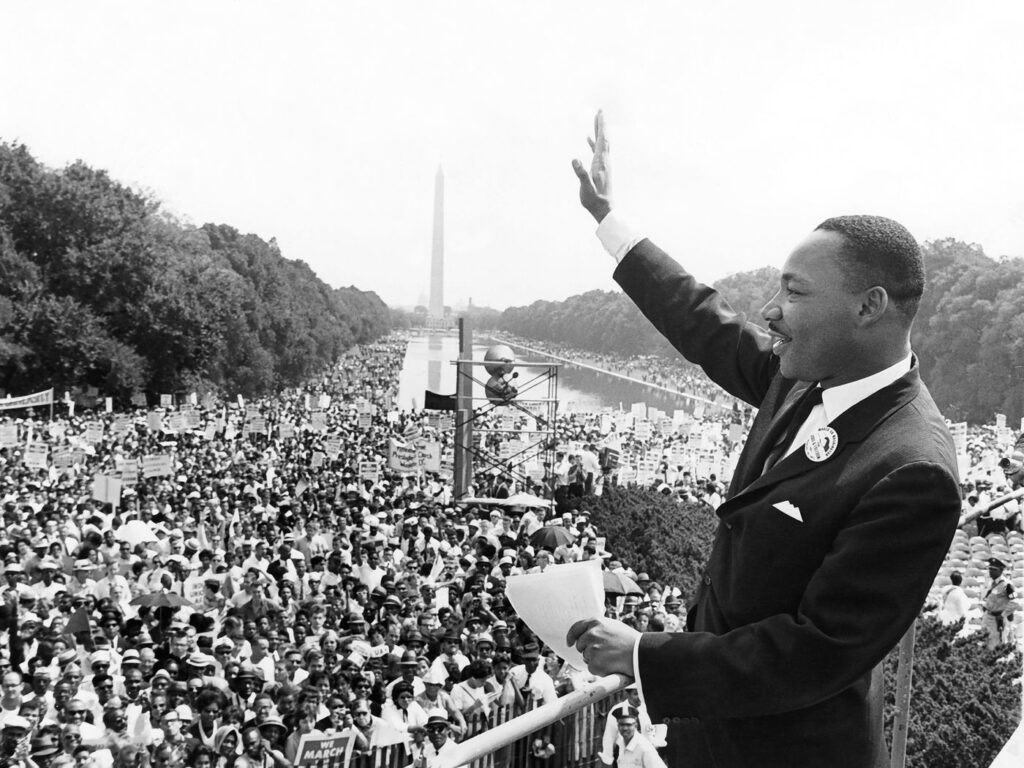
image: Photograph by G. Marshall Wilson. Johnson Publishing Company Archive
Demonstrated empathy and understanding of others’ emotions
Martin Luther King Jr. skilfully employed emotional intelligence in his leadership and activism. He showed empathy by understanding the struggles of others, actively listened to their concerns, and regulated his emotions despite challenges. He possessed social awareness, adapted his messages to different audiences, and built strong relationships with collaborators. King’s inspirational speeches tapped into emotions, and his commitment to nonviolence showcased his conflict-resolution skills. This emotional intelligence helped him connect with people, communicate his vision, and lead the civil rights movement effectively.
Connect with diverse perspectives through emotional intelligence
Developing emotional intelligence is crucial for 21st-century students. They can benefit by understanding their emotions, managing stress, and making thoughtful decisions. Empathy helps in building relationships especially in business helping to increase sales and achieve customer loyalty. Emotional intelligent students build resilience allowing them to bounce back from setbacks, and conflict resolution involves empathy and finding win-win solutions. These skills enable students to lead, collaborate, and thrive in their personal and academic lives.
Mansa Musa’s Leadership Economic Development & Diversity
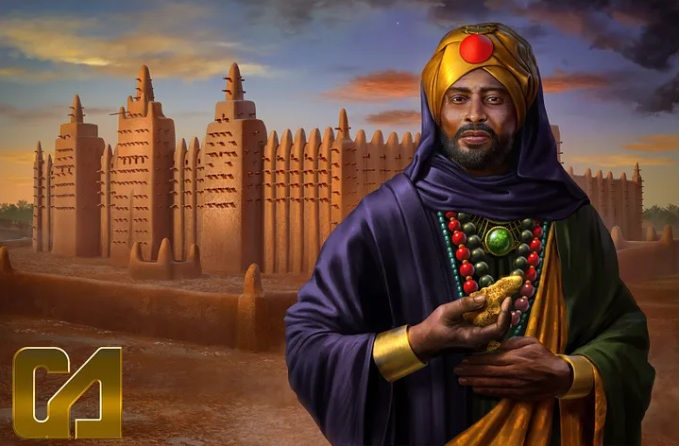
source: medium.com
Mansa Musa, also known as Musa I of Mali, was a 14th-century ruler of the Mali Empire in West Africa. He is renowned for his immense wealth being the richest man to ever walk the earth. If Mansa Musa was alive today he would still be the richest with a net worth estimated at $400 billion dollars. Mansa Musa’s wealth stems from the empire’s abundant resources like gold and salt. His extravagant pilgrimage to Mecca in 1324 attracted global attention due to his opulence and disrupted economies along the way. Under his rule, the city of Timbuktu thrived as a cultural and trade centre. Mansa Musa’s legacy includes promoting Islamic culture, education, and scholarship in his empire. Despite his death leading to the decline of Mali’s influence, his pilgrimage and wealth left an enduring mark on history.
Role of Mansa Musa’s Leadership, economic development and diversity skills in Building Mali Empire
Mansa Musa employed effective leadership and economic development skills to construct the Mali Empire during his reign. Through strategic governance, he maintained stability and unity within the empire managing various ethnic groups. Recognising Mali’s resource wealth, especially gold and salt, he managed these assets adeptly, establishing the empire as a key player in global commerce. His promotion of trade and commerce through diplomatic ties expanded economic opportunities. Musa’s investment in infrastructure, like mosques, education, arts, cultural institutions and the markets, encouraged economic growth.
Navigate challenges with leadership, economic development and diversity skills.
In the future, students can leverage leadership, economic development and diversity skills to drive impactful change. By sharpening economic skills and how infrastructures work, they can understand market dynamics, innovate solutions, and contribute to sustainable growth. Leadership skills enable students to guide diverse teams, communicate effectively, and inspire collective efforts toward shared goals. These qualities are essential for navigating a globalised world, fostering collaboration, and managing complex projects.
Moreover, by applying economic skills to personal financial management, students can secure their financial well-being and make informed investment choices.
Whether pursuing entrepreneurship, policy advocacy, or corporate roles, the combination of economic insight and leadership acumen equips students to address challenges, create opportunities, and shape a better future. Understanding the power of creating a diverse and inclusive culture, can produce future workplaces with improved productivity and a broader range of skills.
Conclusion
Studying Black history equips students with vital 21st-century skills. Through critical thinking, empathy, effective communication, leadership, strategy and many other skills combined with cultural awareness. Students gain the tools to navigate our interconnected world by evaluating multiple perspectives and engaging in discussions to gain new skills. A deeper understanding of diverse experiences through history creating a new outlook of the world. Look out for Learning Black History to build up 21st century skills part 2.
Checkout books and educational prints to learn Black History and 21st-century skills
New Book For Pre-order!
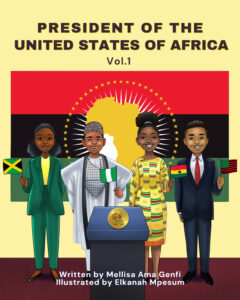
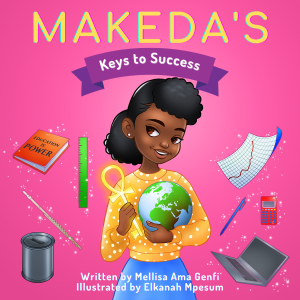
Our Best Selling Affirmation Print
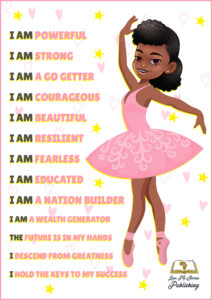

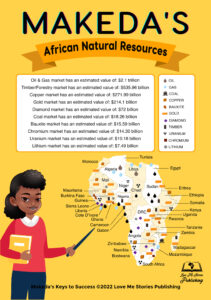
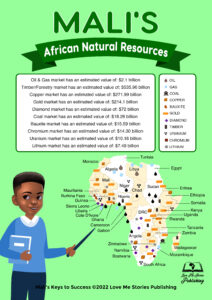
21st Century Careers
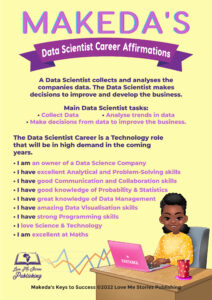
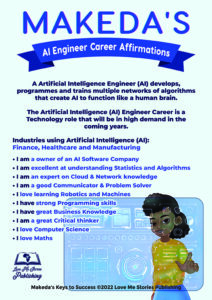
For all your educational needs
Follow us on social media


